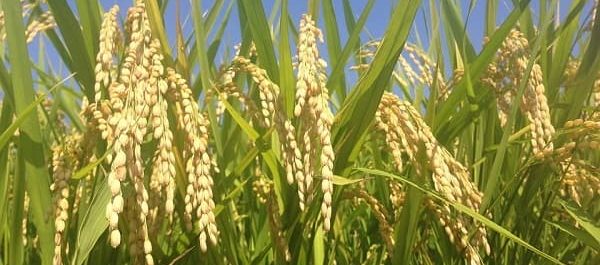Karachi: The role of biotechnology in Pakistan’s food and water crises was discussed in a conference held at Latif Ebrahim Jamal (LEJ) National Science Information Centre in Karachi University, a news report stated. The conference was aimed at creating awareness about the commercialisation of biotechnology and how it can benefit the sustainable development of Pakistan.
During the event, a report from International Service for the Acquisition of Agri-biotech Applications (ISAAA) was also shared. This report focused on the global status of commercialised biotech and genetically modified crops.
Read: Climate risk and food security analysis report launched
The report also mentioned that the biotech crop sector reached a new record-high adoption in 2017. It covered 189.8 million hectares globally. USA, Canada, Brazil, Argentina, and India contributed 91% of this statistic.
India led the biotech countries in Asia and the Pacific region by planting 11.4 million hectares of cotton. Following India was Pakistan; planting 3 million hectares of cotton.
Addressing the event was the Director of International Centre for Chemical and Biological Sciences, Professor Iqbal Choudhary. He talked about the fact that 60% of the global population suffering from food insecurity belonged to 19 countries that are faced by conflict and climate change. He also shared a UN report, which mentioned that Pakistan still had a high neonatal mortality rate and 44% children are stunted. Meanwhile, Pakistan has an estimated 865 cubic metres of water availability.
Choudhary stressed that action needed to be taken at both the national and local levels. He further added that people should be able to enjoy conditions that allow them to keep growing their own food. He also appreciated the country’s progress in biotech cotton.
The ISAAA report states that around 725,000 smallholder Pakistani farmers are reaping the benefits of economic gains due to cotton planted using biotechnological techniques.








